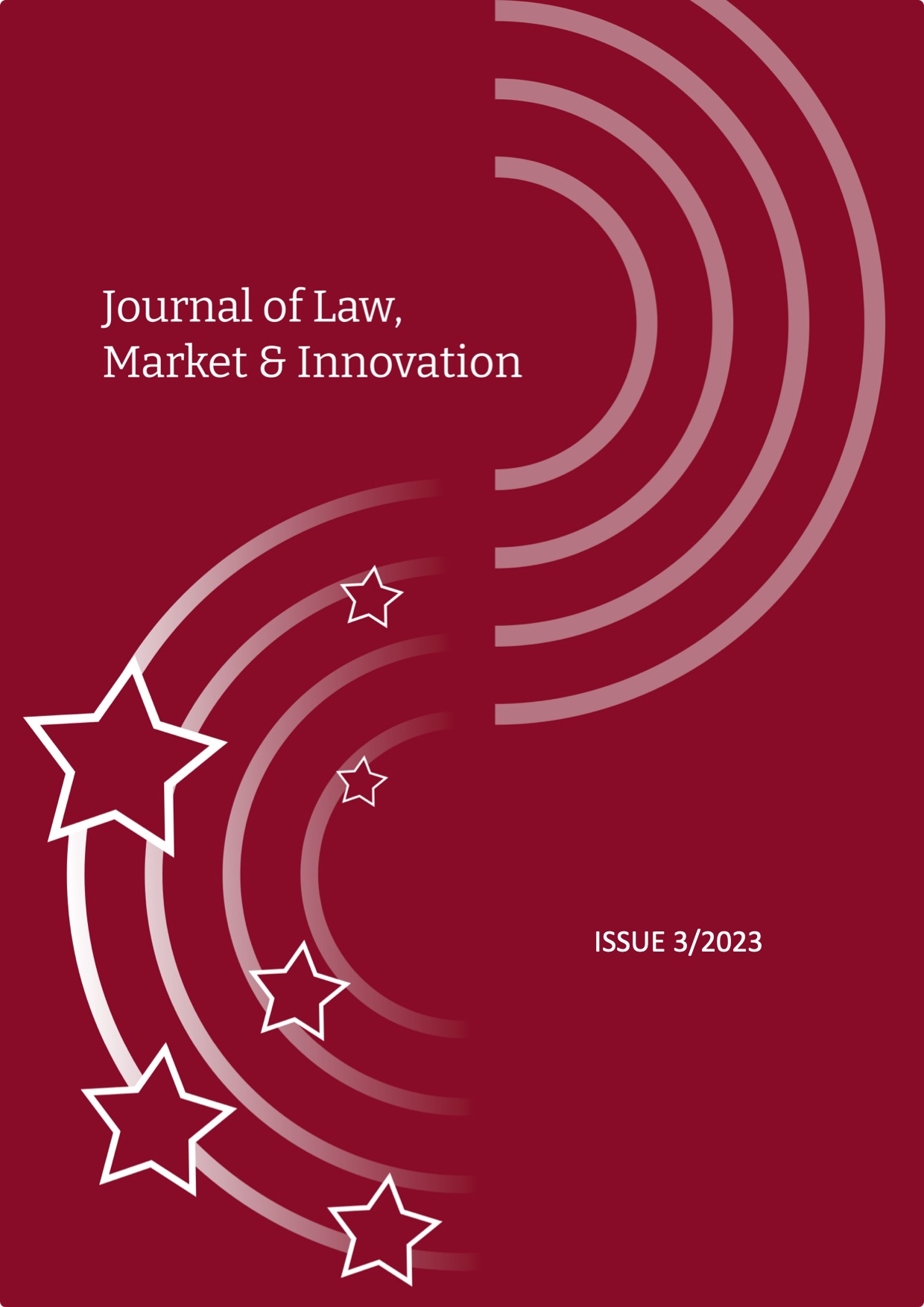Resonable royalty damages across different countries and through a law and economics lens
DOI:
https://doi.org/10.13135/2785-7867/8893Keywords:
Reasonable royalty, Patent infringement litigation, Germany, US, ChinaAbstract
In most legal systems, a reasonable royalty represents the minimum compensation for patent infringement litigation, and it is undoubtedly the most used among the remedies at the courts’ disposal. Therefore, its calculation is crucial in the intellectual property field and, more specifically, within the function of liability in this context to incentivise investments in R&D and promote innovation. Nonetheless, some differences can be found between the methods used to calculate reasonable royalty awards in two largely developed countries, ie in the U.S., where judges are deemed to consider only the parties’ ex ante information and in Germany, where ex post considerations are involved in calculation. This article intends to analyse how these different approaches can affect investments in the field of technology and innovation. In this process, German and U.S. case law will be primarily investigated, but some references will also be taken from Chinese experience, a legal system for some aspects similar to civil law ones and in which patent infringement disputes are solved by specialised judges, such as in Germany, whose set of remedies, nonetheless, has been recently modified to include a measure that resembles much the treble or punitive damages of the U.S. Code.



 EJIF has been approved for inclusion in
EJIF has been approved for inclusion in  The Journal of Law, Market & Innovation is indexed in
The Journal of Law, Market & Innovation is indexed in  The Journal of Law, Market & Innovation is indexed in
The Journal of Law, Market & Innovation is indexed in  The Journal of Law, Market & Innovation is indexed in
The Journal of Law, Market & Innovation is indexed in  The Journal of Law, Market & Innovation is indexed in
The Journal of Law, Market & Innovation is indexed in  The JLMI is classified as a "Class A" journal for Law (Area 12) by the Italian
The JLMI is classified as a "Class A" journal for Law (Area 12) by the Italian 
